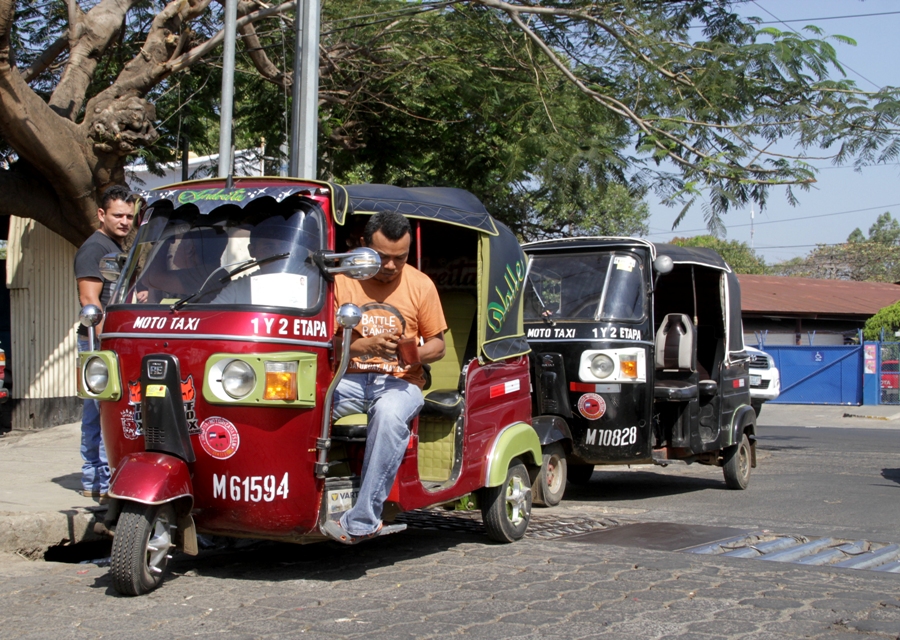The Government of Nicaragua announced this Friday that it will take measures to improve public transport in the capital Managua.
Vice President Rosario Murillo reported that “in the next few days the collective transport units that we are waiting for will be arriving in our country.”
The also first lady did not provide details on the number of buses that will be integrated into the collective urban transport system of the Nicaraguan capital, but maintained that “they will contribute to solving the issue of transport in urban areas.”
Last June, Nicaragua bought 300 buses from Russia for collective urban transport, after having acquired 1,100 between 2007, the year in which the former Sandinista guerrilla Daniel Ortega returned to power, and 2021.
Related news: Everth Cabrera was taken from the Psychosocial Hospital without authorization
Murillo also pointed out that the National Police has a plan to order the motorcycle taxi service, known in Nicaragua as “caponeras”, and which consist of motorcycles transformed to operate as taxis.
The introduction of new bus units and the ordering of motorcycle taxis aims to improve collective transport in a city with displacement problems and more than 1.6 million inhabitants.
present plan
The Inspector General of the Police, General Commissioner Jaime Vanegas, together with the Head of National Transit, Commissioner Vilma Reyes, as well as Norman Robles, Irtramma director of operations, made this Friday the official presentation of this circulation plan, which according to The ruling party seeks to improve road safety to protect the life and physical integrity of drivers and passengers of original and adapted caponeras, as well as other users of public roads, in the national territory.
“The plan contemplates creating work teams made up of the National Police, IRTRAMMA and municipal mayors, acting as facilitators in close coordination with political secretaries and representative organizations of the owners and drivers of original caponeras adapted in the country,” Vanegas told the media. officialists.
The police chief pointed out that for this plan eight actions will be carried out that will be coordinated by the aforementioned institutions and political secretaries. Among these actions are:
1-Update the inventory of original and adapted caponeras that operate throughout the country. This would be done every three months.
2-Hold assemblies with caponera owners and drivers to explain the objectives and actions of this plan. This would be accomplished every six months.
Related news: Young man from Chichigalpa is the first victim of femicide in 2023
3-“Implement process of assemblies” for the elaboration and discussion of the “National Regulation of the service and operation of original and adapted caponeras”. Compliance with this point is January, February and March.
4-Carry out a free mechanical inspection to guarantee the good mechanical condition of the caponera, emphasizing the chassis, engine, lights, brakes, tires. The compliance date is from January to March, and every six months.
5-Permanently train owners and drivers of original and adapted caponeras, under three main themes: coexistence and human relations, traffic regulations and road safety and quality service. It will be fulfilled from January to March, and every three months.
6-Start exchange with owners of adapted caponeras in cases that require replacement with original caponeras, establishing procedures and commitments for this process. Between January and March, and then permanently, this point must be met.
7-Issue operating permits with the established routes, so that the original and adapted caponeras and their drivers gradually comply with the pertinent documentation. The compliance date will be between January and February, but the application of this point will remain permanent.















